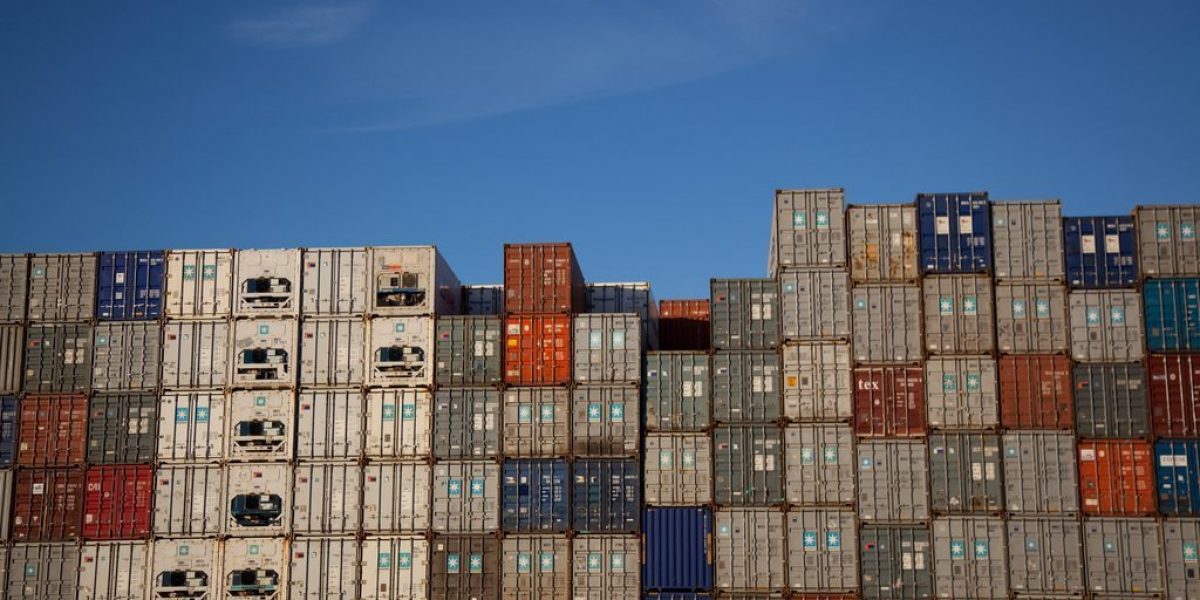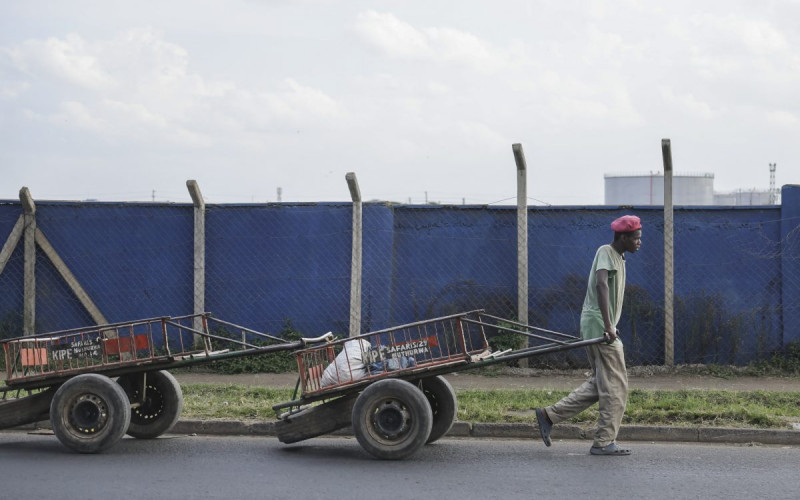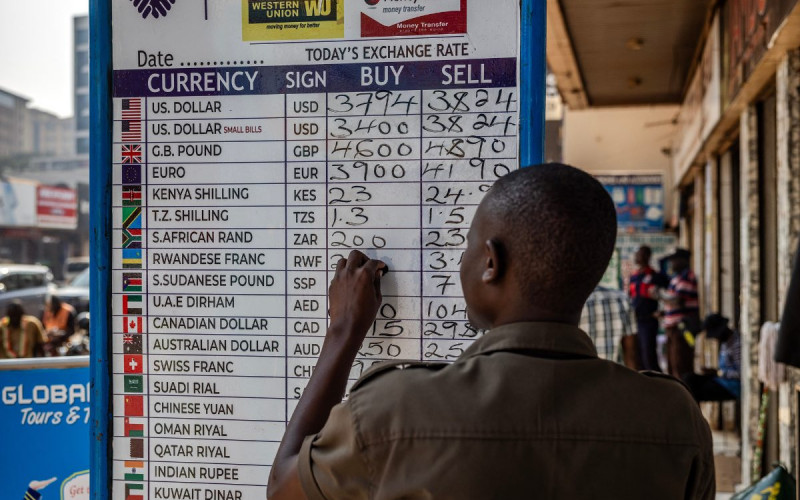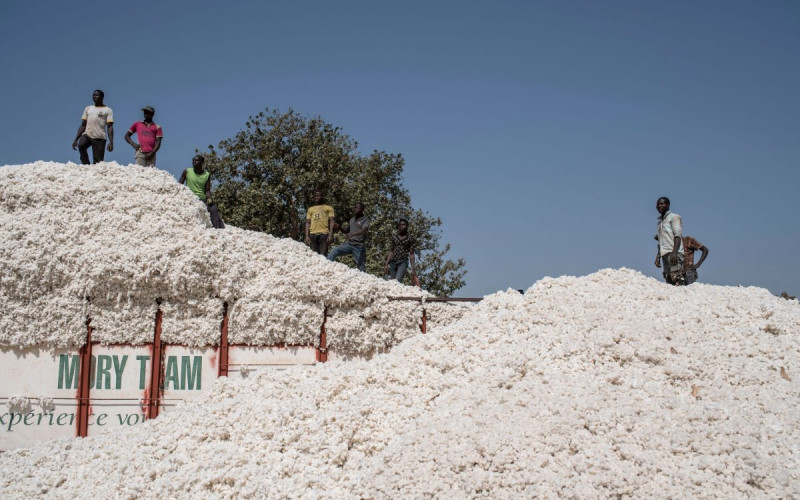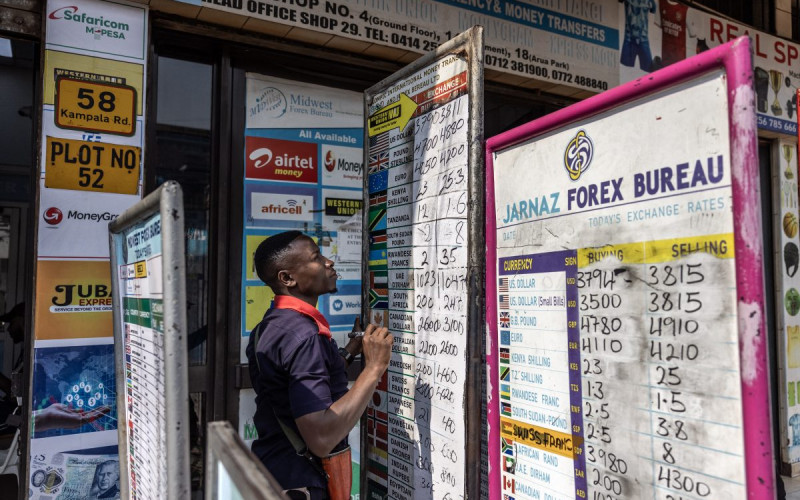The main FTZ in which Chinese companies play a significant role is the Lekki Free Trade Zone, where work began in 2006. A Chinese consortium led by the China Civil Engineering Construction Company holds a majority stake in the Lekki Free Zone Development Company (LFZDC), which has a 50-year lease on the site. The first phase of development is due for completion in 2014, at an estimated cost of $700–800 million. The LFZDC has faced major difficulties, including a dispute within the Chinese consortium and a continuing lack of certainty about its power supply, but enjoys strong support from the Lagos State governor, Babatunde Fashola, and construction is pushing ahead.
A number of lessons can be derived from the LFZDC’s experience, including the need for greater confidence in negotiating with potential Chinese investors, even in cases where countries have a high-risk profile. Finally, it is clear that the more promising the business climate, the greater the prospect of technology transfer from Chinese investors, increasing the overall benefit to the host country.
SAIIA sincerely thanks those who acted as peer reviewers for these papers.

